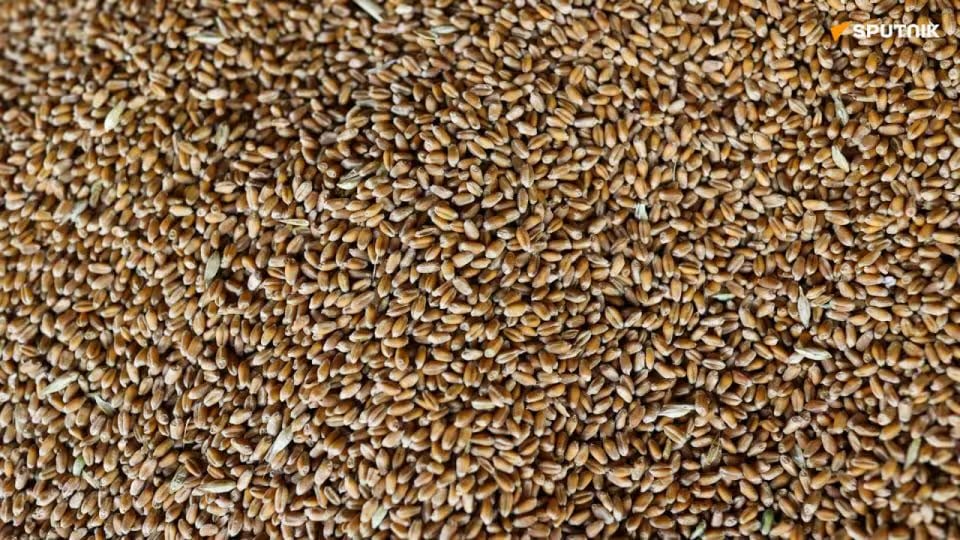The article mentions the GMO controversy, then says the seeds are adapted to the climate of Sahel. Don’t hybrids tend to revert to one of the parent’s genetics after a generation? Would these seeds not have to be GMO? I’m intrigued!
Food sovereignty is paramount.
I mean as long as they’re not sacrificing food sovereignty through IP rights I hope they can make use of GMOs, not sure, honestly agriculture is too abstract in my mind. It’s an area of production that needs to be prioritized first, mechanized and streamlined, but what does that really say other than “be like Vietnam and China”?
Well that and built in chemicals like pest control which aren’t great for health. I know prioritization is necessary, and I also have to think adverse chemical effects are amplified by harsh conditions and age factors, but I’m not a biology expert, so there’s that. I just hope the choices aren’t between short term malnourishment and long term cancer.
Yeah, GMO is such a broad term now & what it calls to mind is Roundup Ready. Even without that kind of malice there is the risk of something unforeseen happening with the wider rollout of the crops, perhaps disease or pest issues. Would hate to see it politically hamstring critical technologies for adapting to new shittier climates. With nuclear or agricultural science it’s difficult to build and maintain a talent pool domestically



